The Add+it is a annual symposium organized by PROFACTOR and JKU IPPE. The first symposium took place in 2015.
PROFACTORIANERinnen präsentieren neueste Ergebnisse aus dem Bereich der Nanotechnologie auf der NNT 2018 – the 17th International Conference on Nanoimprint and Nanoprint Technologies in Braga (Portugal), 18.-20. September 2018 (http://nnt2018.org/).
Oral Presenation:
Investigating Multilayer Multimaterial Nanoimprinting
M. Mühlberger, D. Mehar, T. Mitteramskogler, A. Moharan, M. Haslinger, P. Kulha, H. Außerhuber, L. Bauer, S. Kopp, D. Fechtig
The behaviour of nanoparticle inks in open microchannels
T. Mitteramskogler, V. M. Di Pietro, H. Außerhuber, M. Mühlberger
Nanostructuring of complex surface presented on 3D printed implants and lenses
Michael Haslinger, et al.
Posters:
Printing to define the droplet behavior during inkjet printing
M. Mühlberger, H. Außerhuber, T. Mitteramskogler, J. Kurzmann, M. Haslinger, J. Kastner, M. Ikeda, C. Wögerer, D. Fechtig
Das Programm finden Sie auf der offiziellen Homepage.
Wir freuen uns auf einen regen Austausch in Braga.
PROFACTOR ist von 19. -22. Juni: Automatica vertreten. Wir informieren über unsere aktuellen Projekte rund um die Produktionsforschung. Das Thema industrielle Assistenzsysteme bringen wir Ihnen anhand unsere XRob-Plattform näher. XRob-Systeme ermöglichen die Automatisierung manueller Prüf- und Handhabung und Fügeaufgaben hochflexibel auch bei kleinen Losgrößen. Die XRob-Systeme sind dafür konzipiert, dass sie von BedienerInnen einfach in Betrieb genommen und für neue Aufgaben eigenständig konfiguriert werden können.
Sie finden uns in Halle 5, Stand 207. Ihr kostenloses Ticket erhalten Sie hier.
Wir freuen uns, Sie in München begrüßen zu dürfen!
Ihr PROFACTOR-Team
Assistive Robotik kombiniert Mensch und Maschine, Intelligenz und Rechenleistung,
Denkvermögen und Kraft sinnvoll.
Im Einklang – Mensch & Roboter
Die künftig engere Zusammenarbeit von Mensch und Roboter bietet neue Potentiale in der Produktion.
Mensch und Roboter agieren in gegenseitiger Ergänzung, um die gestellten Aufgaben effizienter und besser zu lösen.
Im Rahmen dieser Veranstaltung erhalten Sie:
- einen Überblick über den aktuellen Stand der Technik
- mögliche Potentiale
- Rahmenbedingungen
beim Einsatz von kollaborativen Robotersystemen in Klein-und Mittelbetrieben.
Wann: 18. April 2018, 16:00 Uhr
Wo: system 7 metal technology
GmbH
Gewerbegebiet Süd 10
4664 Oberweis
Einladung
Anmeldung bis 11. April 2018:
per Online-Service: https://online.wkooe.at/WKO/2018-29660 oder
per E-Mail: veranstaltung@nullwkooe.at.

Thomas Almdal
is head of the DTI Lab for Advanced Robot Safety and project manager of the H2020 project COVR.
Title of the talk:
Enabling technologies for industrial Human Robot Collaboration
Short abstract:
In this talk we focus on the current industrial state of some of the core technologies required to successfully develop True Non-Expert Teaching in the robotics domain. We discuss the need for intelligent modules in an automated production such that humans in the production are enhanced through technology. We present some of the success stories we have seen in the past years, illustrated though a set of concrete use cases.
Additionally, we discuss the current state of instructing, configuring and programming of new automation processes, we touch upon the future need from, and expectations towards, academia.
Finally, we illustrate the gap between Academia and industry and highlight the issue of not enabling the value-chain to benefit from state-of-the-art technology.

Jacek Malec
is working as a full professor at the Department of Computer Science, University of Lund
Title of the talk
End-user instruction of assembly tasks, first lessons
Short abstract:
Teaching a two-handed collaborative robot an assembly tasks may be challenging. In order to simplify it we propose a tool that makes some of the intricacies of the process easier to overcome by non-experienced users. Our studies have shown that dealing with references (points, objects or coordinate systems) is one major source of programming errors. We provide a straightforward support for this. Another provided feature is geometrical transformations obvious to humans (like „mirror this movement“) but usually not available in the program repertoire. I will discuss some of such helpful features making end-user instruction possible.

Walter Wohlkinger
is the Co-Founder and CEO of Blue Danube Robotics.
Title of the talk
From safe industrial robots to safe applications everywhere
Short abstract:
The range of cobot applications is increasing rapidly. Cobots are exceeding initial expectations in terms of payload, speed, usability/operational concept and variety of robot models.
Practical experience shows a lack of genuine collaborative applications, as the majority of applications is aiming towards fenceless cooperation between humans and robots in a shared workspace.
Within this spectrum of cobot applications we find industrial robots with a payload of 150 kg as well as cycle time optimized lightweight cobots. These applications have in common that they rely on holistic safety solutions in order to be collaborative. Such solutions integrate gripper, work piece, flange, sensors, cables as well as control elements and simplify risk assessment.

Kathleen Delang
is working in the Department of Robotics and Assembling technologies at Fraunhofer IWU since January 2016.
Title of the talk
From operators to management: Introducing Smart Robots means training for everyone
Short abstract:
As customer requirements are getting more and more complex there is a significant demand of trainings for all participants of the topic Smart Robotics. It starts with the requirements analysis where responsible persons from engineers to management have to be sensitized for today’s possibilities of Smart Robots and is an ongoing process to the operators working next to the robots every single day. Fraunhofer has developed several tools to support involved parties as gesture guiding for set-up, VR-based trainings for operators or special teaching programs for planning engineers to develop Human-Robot-Interaction applications. The presentation will give an overview about needed trainings and their requirements to bridge the gap between science and industrial applications.

Mildred Puerto Coy
is working as Project Manager at Tecnalia for Advanced Manufacturing
Title of the talk
Teaching methodologies for flexible robotic cells
Short abstract
Automation and digital technologies combination could be the solution to obtain a useful tool for SMEs and finally convince them to use robots. A robot should be a versatile tool, being possible to use by technical people without being experts also in robot programming. The easy programming, programming by demonstration and the programming based on capabilities is being used in Tecnalia to increase the usability of flexible robotic cells. A clear path to support flexible robotics is being followed and during the last years it has been adapted to the acceptance of some of our technical proposals or eliminating approaches not mature or usable enough.

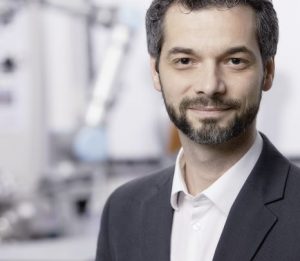




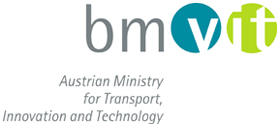
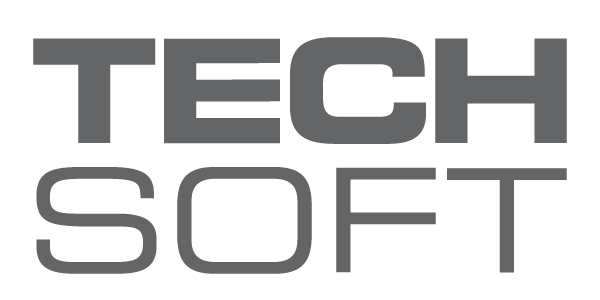

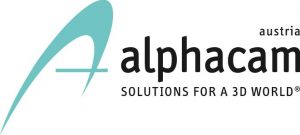

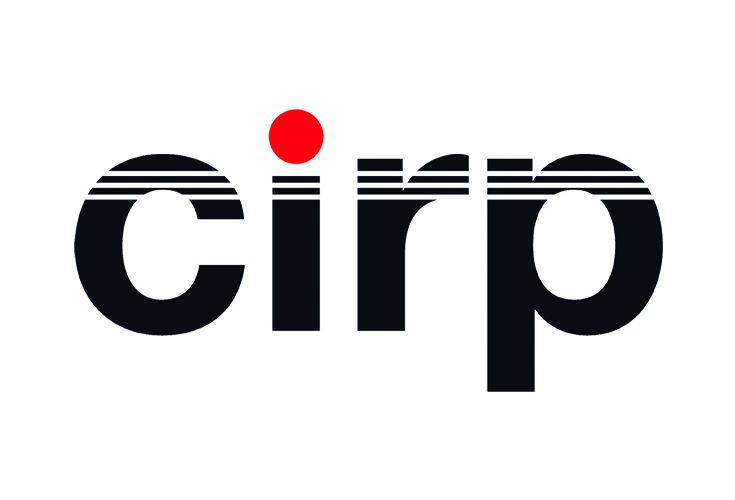


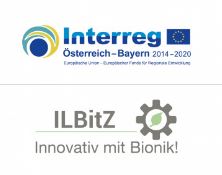
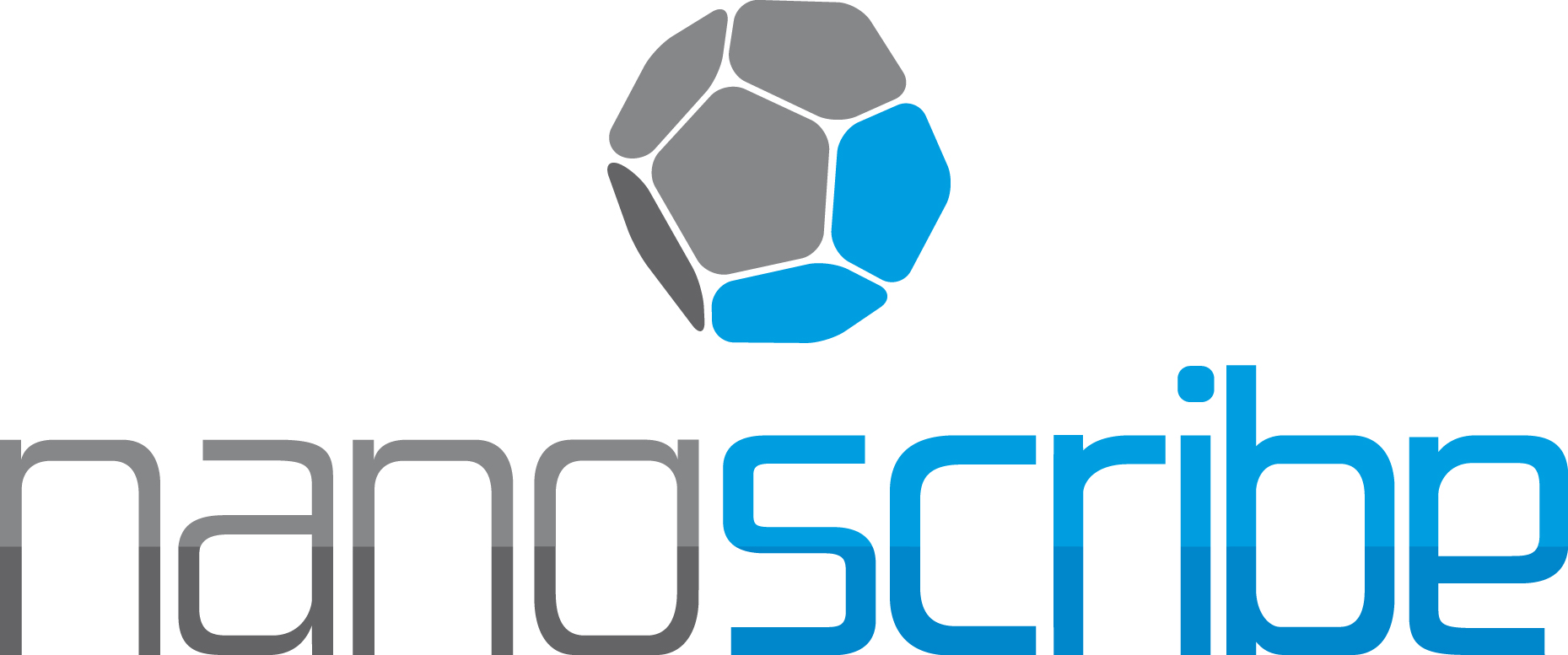




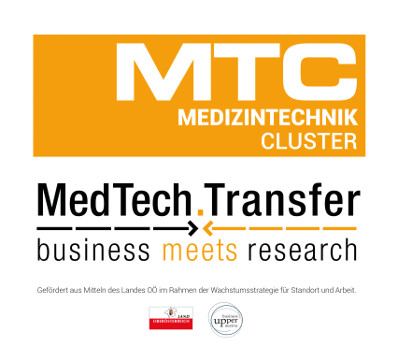




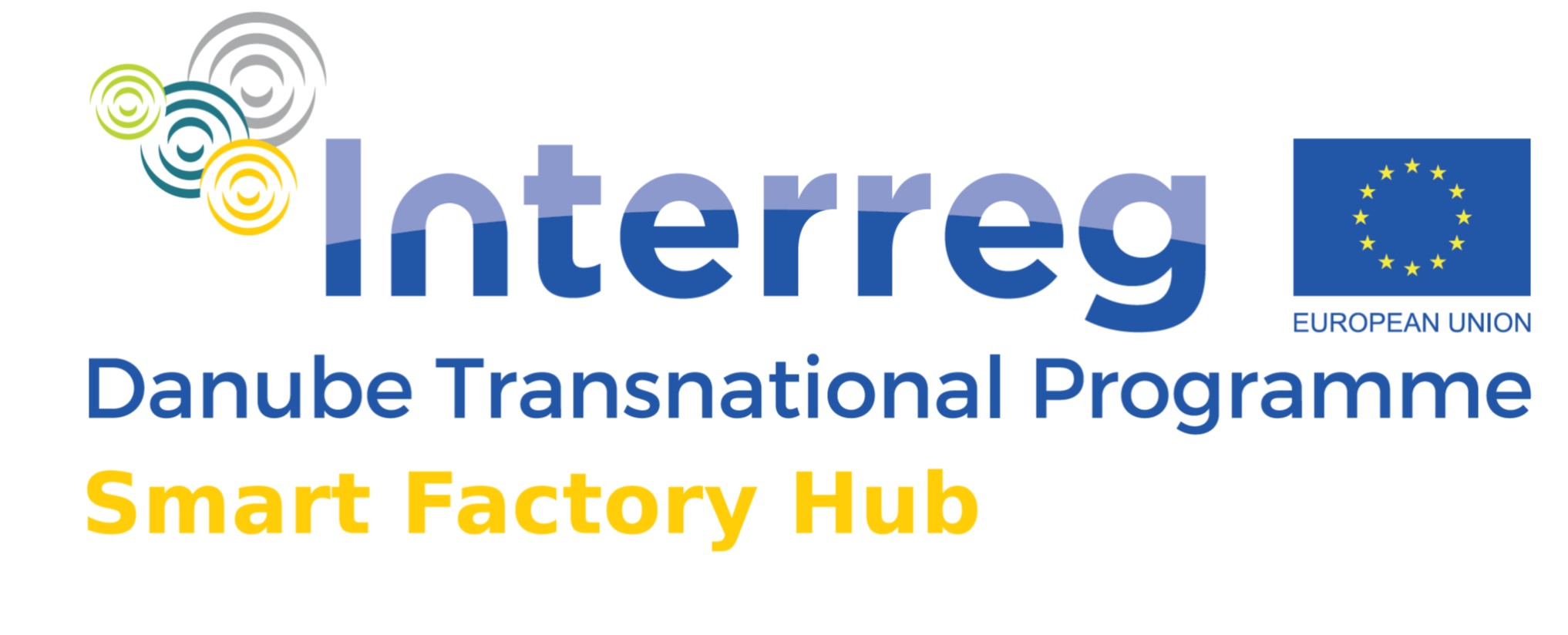

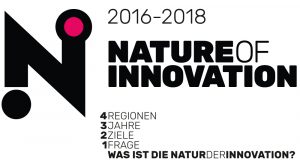
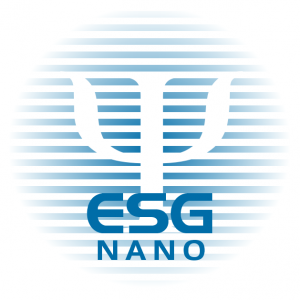

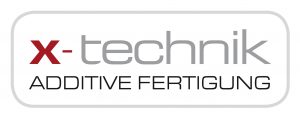


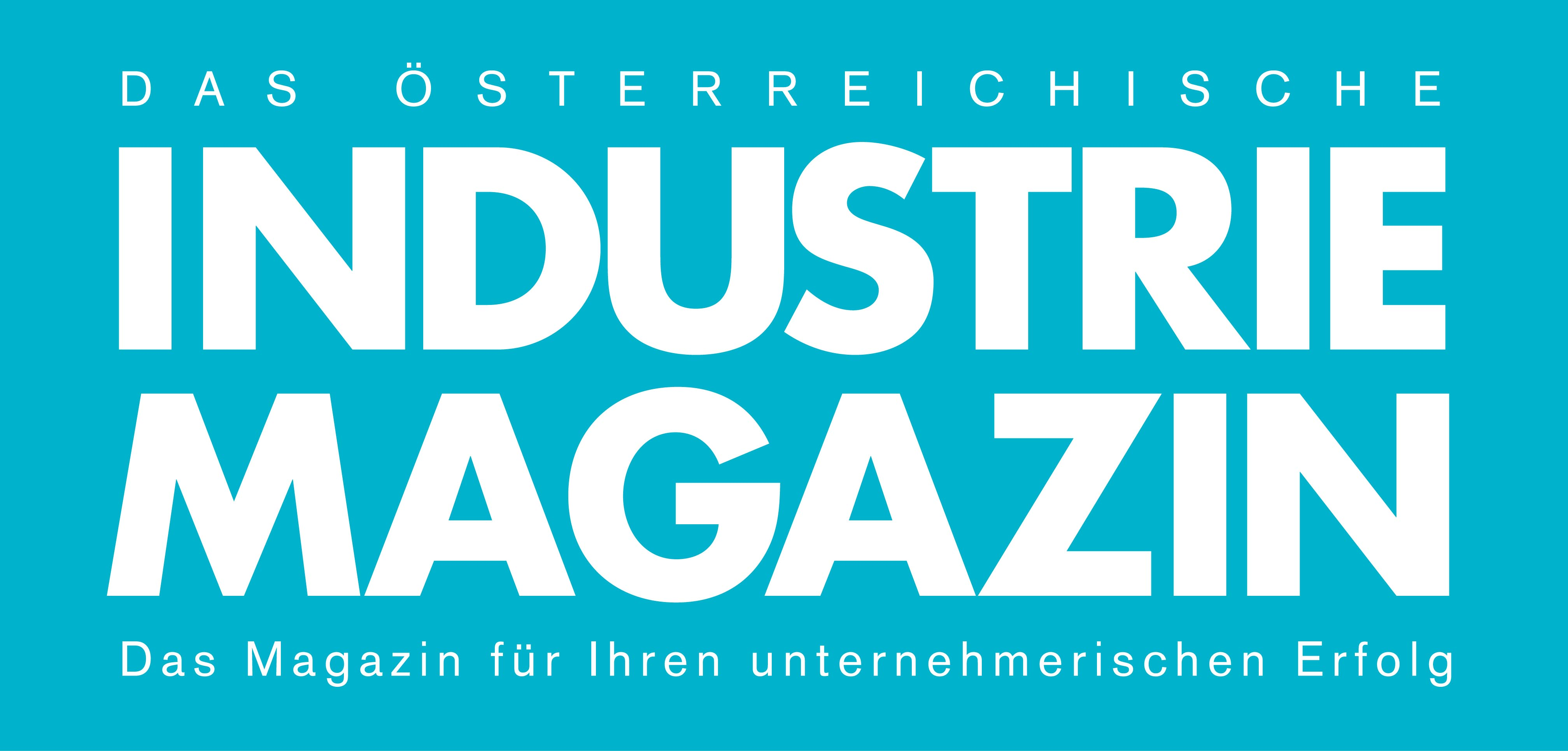

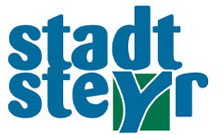































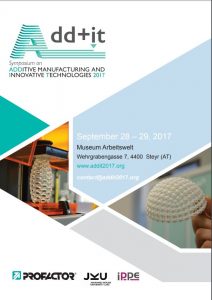 Here you can download the
Here you can download the 